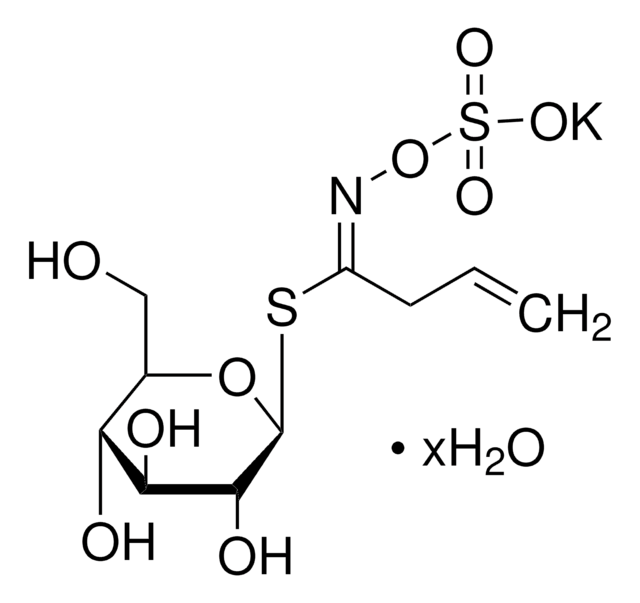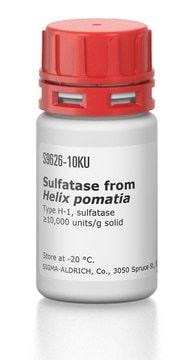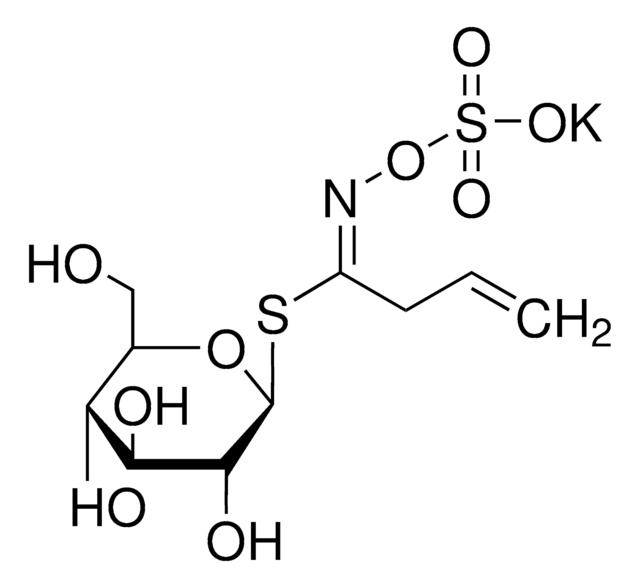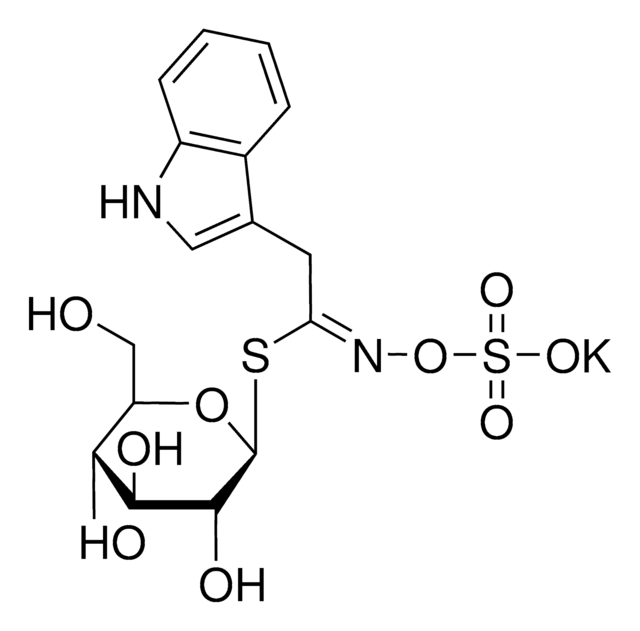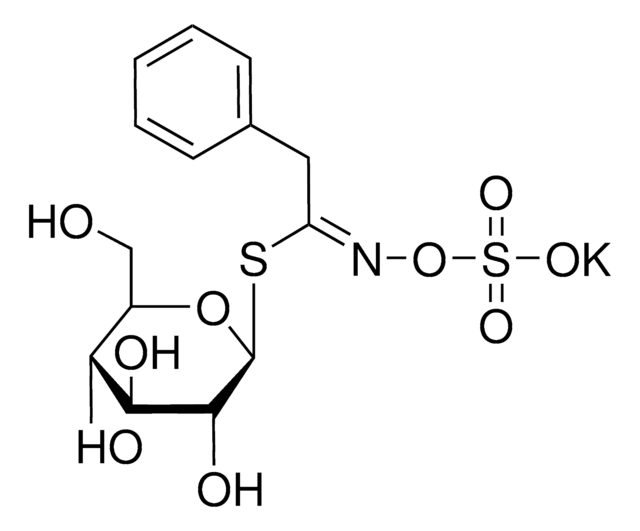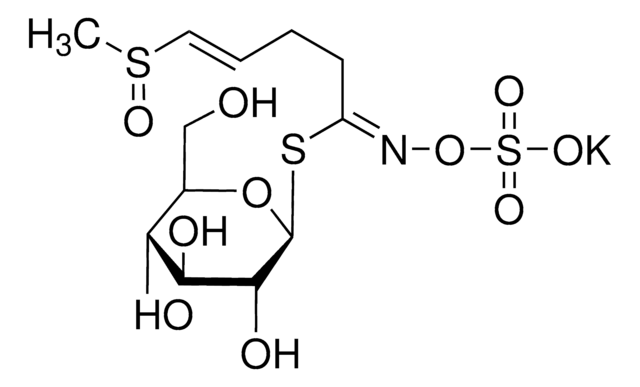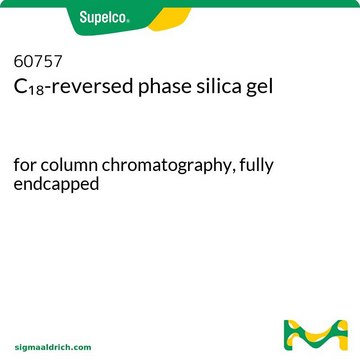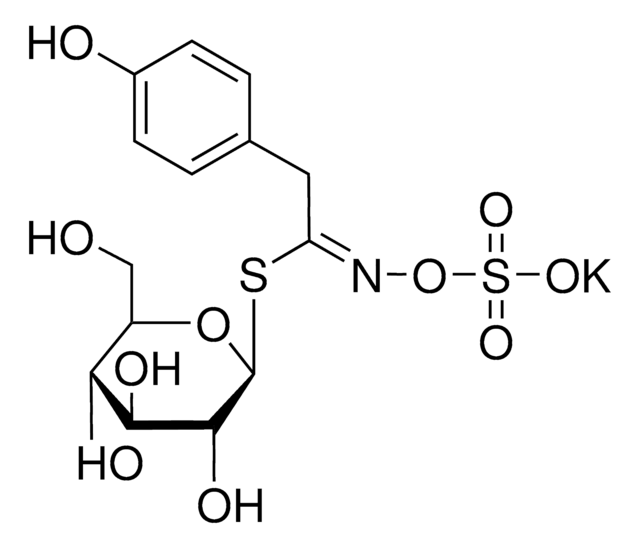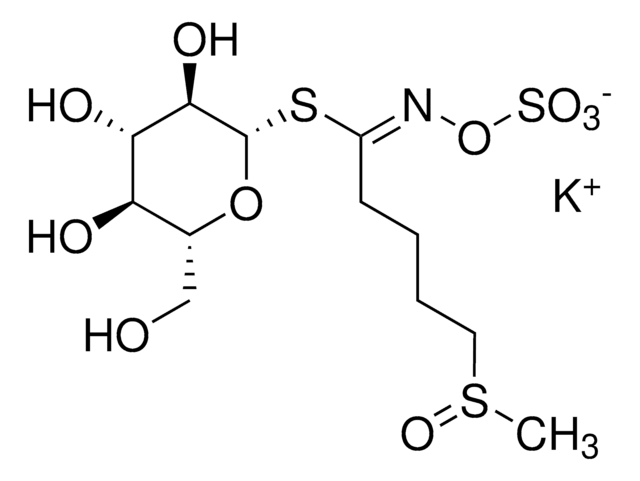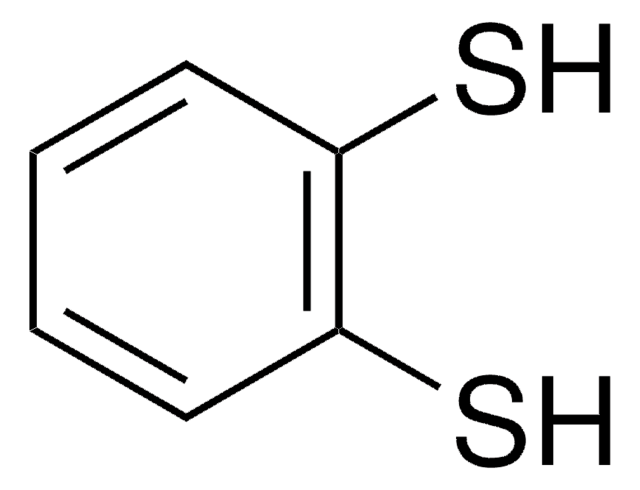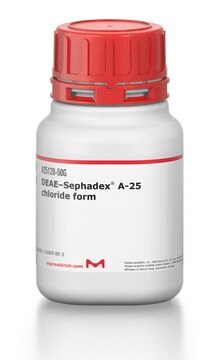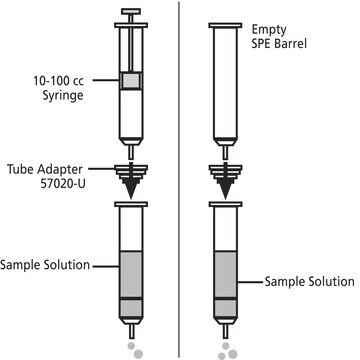Wszystkie zdjęcia(1)
Kluczowe dokumenty
T4528
Thioglucosidase from Sinapis alba (white mustard) seed
≥100 units/g solid
Synonim(y):
Glucosinolase, Myrosinase, Thioglucoside glucohydrolase
Zaloguj sięWyświetlanie cen organizacyjnych i kontraktowych
About This Item
Numer CAS:
Numer MDL:
Kod UNSPSC:
12352204
NACRES:
NA.54
Polecane produkty
pochodzenie biologiczne
plant seeds (Sinapis alba)
Formularz
solid
aktywność właściwa
≥100 units/g solid
temp. przechowywania
−20°C
Powiązane kategorie
Opis ogólny
Thioglucosidase, also called as myrosinase, is present in the myrosin cells that do not contain glucosinolates. This enzyme is obtained from several plant sources, such as Lepidium sativum, L. Sinapis alba and Brassica napus.
Zastosowanie
Thioglucosidase from Sinapis alba (white mustard) seeds has been used as a standard to quantify myrosinase activity and in column glucosinolate analysis of plant samples.
Thioglucosidase has been used in a study to assess Brassica species screening for glucosinolate content. Thioglucosidase has also been used in a study to investigate a negative regulatory role for auxin in sulphate deficiency response in Arabidopsis thaliana.
Działania biochem./fizjol.
Myrosinases are present in many bacteria, fungi, and edible plants, including those of the Brassicaceae (Cruciferae) family. The enzyme hydrolyzes the S-glucosidic bond of a glucosinolate substrate to form an unstable aglycone that rearranges with the loss of sulfate primarily to the isothiocyanate, though thiocyanates and nitriles are also formed. Many of the isothiocyanate products of aliphatic and aromatic glucosinolates have cancer chemopreventive properties.
Thioglucosidase research has focused mainly on the cruciferous crops due to their economic importance and cancer preventive benefits.
Definicja jednostki
One unit will produce 1.0 μmole glucose per min from sinigrin at pH 6.0 at 25 °C.
Ta strona może zawierać tekst przetłumaczony maszynowo.
Hasło ostrzegawcze
Danger
Zwroty wskazujące rodzaj zagrożenia
Zwroty wskazujące środki ostrożności
Klasyfikacja zagrożeń
Resp. Sens. 1
Kod klasy składowania
11 - Combustible Solids
Klasa zagrożenia wodnego (WGK)
WGK 3
Temperatura zapłonu (°F)
Not applicable
Temperatura zapłonu (°C)
Not applicable
Środki ochrony indywidualnej
Eyeshields, Gloves, type N95 (US)
Wybierz jedną z najnowszych wersji:
Masz już ten produkt?
Dokumenty związane z niedawno zakupionymi produktami zostały zamieszczone w Bibliotece dokumentów.
Klienci oglądali również te produkty
Palatability of Thlaspi caerulescens for snails: influence of zinc and glucosinolates
Noret N, et al.
The New phytologist, 165(3), 763-772 (2005)
Bioavailability of Isothiocyanates From Broccoli Sprouts in Protein, Lipid, and Fiber Gels
Oliviero T, et al.
Molecular Nutrition And Food Research, 62(18), 1700837-1700837 (2018)
Si-Jun Zheng et al.
Journal of chemical ecology, 37(8), 818-829 (2011-06-22)
The jasmonic acid (JA) signaling pathway and defensive secondary metabolites such as glucosinolates are generally considered to play central roles in the defense of brassicaceous plants against herbivorous insects. To determine the function of specific plant genes in plant-insect interactions
Elena Peñas et al.
Journal of agricultural and food chemistry, 59(8), 3772-3779 (2011-03-19)
The influence of two Spanish growing locations with well-differentiated climatic conditions (northern and eastern areas) on the main bioactive compounds, glucosinolates (GLS), total phenolic compounds (TPC), and vitamin C, as well as myrosinase activity and antioxidant capacity in five white
Chemical defence and toxins of plants
Yamane H, et al.
Journal of Hospital Infection (2010)
Nasz zespół naukowców ma doświadczenie we wszystkich obszarach badań, w tym w naukach przyrodniczych, materiałoznawstwie, syntezie chemicznej, chromatografii, analityce i wielu innych dziedzinach.
Skontaktuj się z zespołem ds. pomocy technicznej